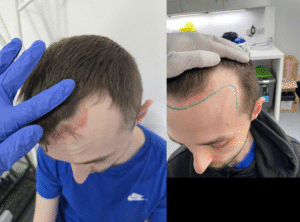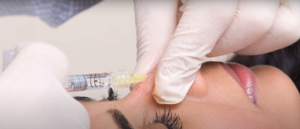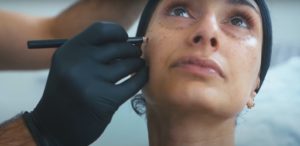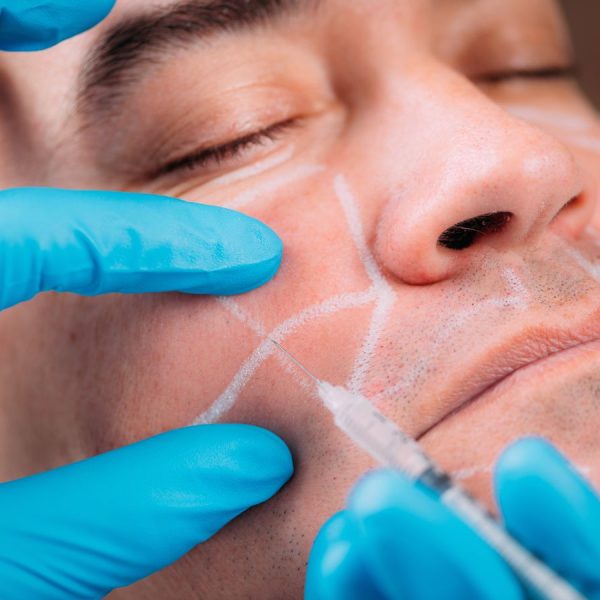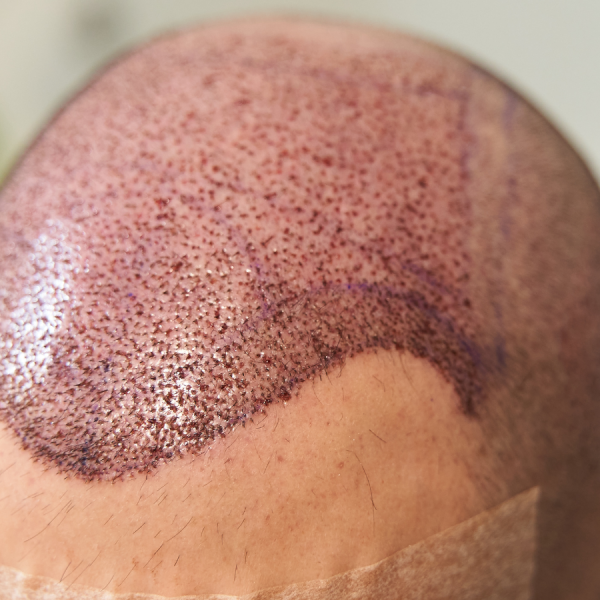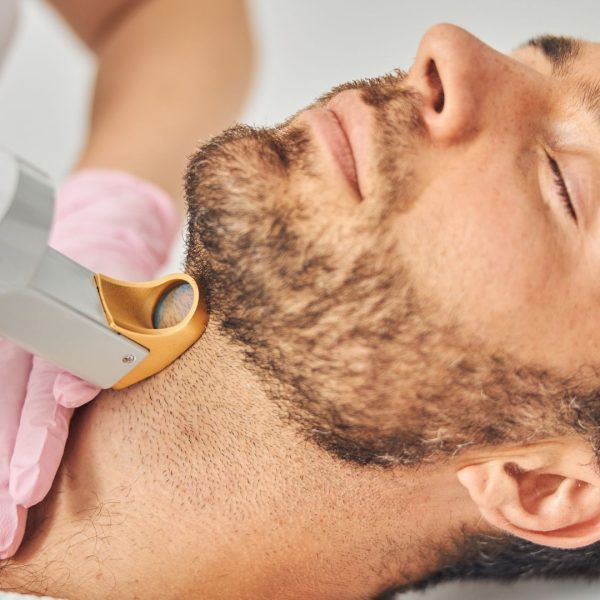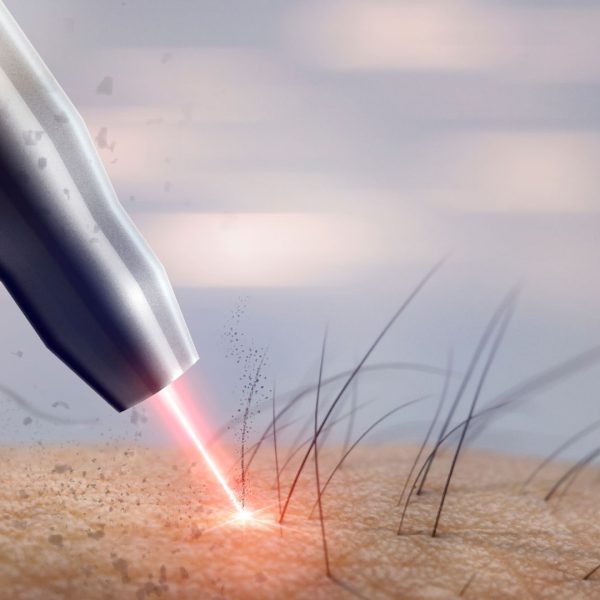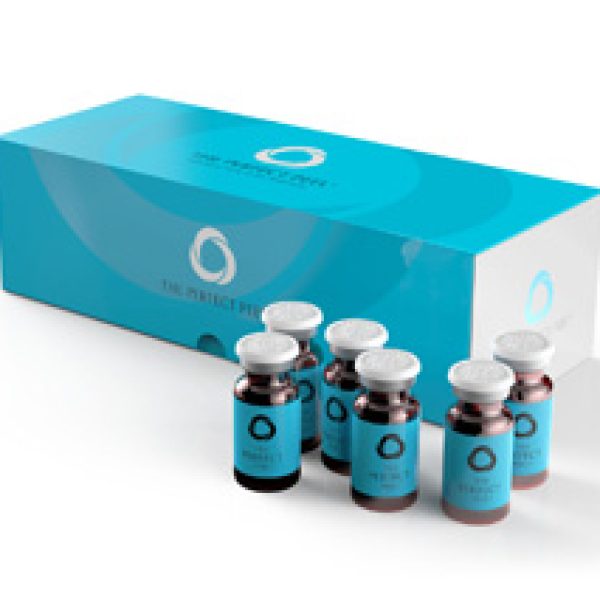In the ever-evolving landscape of aesthetic enhancements, anti-wrinkle agents and fillers have become popular choices for those seeking to rejuvenate their appearance. While accessibility is a key consideration, the importance of entrusting these procedures to qualified medical professionals cannot be overstated. In this blog, we delve into why anti-wrinkle agents and filler treatments should exclusively be performed by qualified doctors and not in unregulated settings such as salons.
1. Medical Expertise and Training:
– Doctors undergo extensive medical training, including a deep understanding of facial anatomy, before administering anti-wrinkle agents and fillers.
– This knowledge is crucial to ensure precise injections, minimising the risk of complications and achieving natural-looking results.
2. Comprehensive Patient Assessment:
– Qualified doctors conduct thorough consultations to assess patients’ medical histories, ensuring that anti-wrinkle agents and filler treatments are safe and appropriate for each individual.
– This level of medical assessment is crucial to identify potential contraindications and tailor treatments to the unique needs of each patient.
3. Proper Product Selection:
– Different fillers serve varying purposes and are designed for specific areas of the face.
– A qualified doctor can determine the most suitable product for a particular patient, considering factors such as skin type, desired outcome, and the area being treated.
4. Emergency Preparedness:
– While complications are rare, having a qualified medical professional perform anti-wrinkle agents and filler procedures ensures that they are equipped to handle any unforeseen complications.
– This level of preparedness is vital for patient safety and well-being.
5. Ethical Practices and Informed Consent:
– Doctors adhere to ethical standards, emphasising the importance of informed consent and patient education.
– Patients are thoroughly briefed on potential risks, benefits, and alternatives, empowering them to make informed decisions about their aesthetic treatments.
6. Sterile and Controlled Environment:
– Medical offices maintain sterile environments to minimise the risk of infection during anti-wrinkle agents and filler procedures.
– Salons may lack the stringent hygiene standards necessary for safe injections, potentially exposing patients to unnecessary risks.
7. Continuity of Care:
– Qualified doctors prioritise the continuity of care by ensuring follow-up appointments and monitoring patients post-treatment.
– This ongoing care helps address any concerns, track progress, and make adjustments if needed, fostering a safer and more personalised experience.
Conclusion:
While the allure of convenience and cost may tempt individuals to seek anti-wrinkle agents and filler treatments in non-medical settings, the risks associated with unqualified practitioners cannot be underestimated. Entrusting these procedures to qualified doctors ensures a higher standard of care, emphasising patient safety, ethical practices, and optimal outcomes. As the demand for aesthetic enhancements continues to grow, choosing professionalism over convenience becomes paramount in safeguarding both beauty and well-being.


